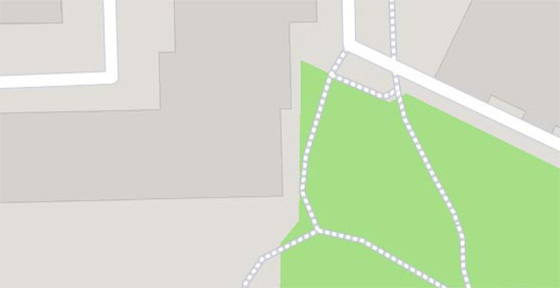The characteristic wattle and daub buildings located by the Brda River are well-preserved granaries from the 19th century. Today, they function as museum presenting exhibitions of the Regional Museum that documents the history of the city. Buildings have different heights, and one of them, the so-called Dutch is the lowest and is distinguished by a characteristic, strongly sloping roof. This is favorite granary of Bydgoszcz inhabitants. In front of it a small amphitheatre was built to perform various cultural events.
The three preserved buildings used to function as grain storehouses, the first of which had been probably built around the 14th century. Today, it is difficult to document the actual number of warehouses, however, it is known that in the middle of the last century, there were five of them on the Brda River. Two buildings burned down in 1960 in a fire.In the past, various materials were stored in the granaries, and after the grain, the time had came the turn of silica and food products. In a one-storey Dutch granary at 7 Grodzka Street, built in 1793, a Bydgoszcz Stage was located for some time. Nowadays, apart from museum functions, granaries are an unwritten symbol of the city, often appearing in the logos of local companies.Less
Attractions inside
Granaries on the Brda
map


Granaries on the Brda – popular in the area
(distance from the attraction)


